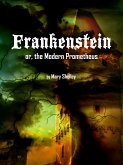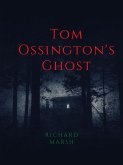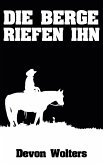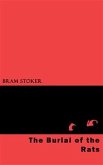I feel little reluctance in complying with your request. You know not fully the cause of my sorrows. You are a stranger to the depth of my distresses. Hence your efforts at consolation must necessarily fail. Yet the tale that I am going to tell is not intended as a claim upon your sympathy. In the midst of my despair, I do not disdain to contribute what little I can to the benefit of mankind. I acknowledge your right to be informed of the events that have lately happened in my family. Make what use of the tale you shall think proper. If it be communicated to the world, it will inculcate the duty of avoiding deceit. It will exemplify the force of early impressions, and show the immeasurable evils that flow from an erroneous or imperfect discipline.
My state is not destitute of tranquillity. The sentiment that dictates my feelings is not hope. Futurity has no power over my thoughts. To all that is to come I am perfectly indifferent. With regard to myself, I have nothing more to fear. Fate has done its worst. Henceforth, I am callous to misfortune.
I address no supplication to the Deity. The power that governs the course of human affairs has chosen his path. The decree that ascertained the condition of my life, admits of no recal. No doubt it squares with the maxims of eternal equity. That is neither to be questioned nor denied by me. It suffices that the past is exempt from mutation. The storm that tore up our happiness, and changed into dreariness and desert the blooming scene of our existence, is lulled into grim repose; but not until the victim was transfixed and mangled; till every obstacle was dissipated by its rage; till every remnant of good was wrested from our grasp and exterminated.
My state is not destitute of tranquillity. The sentiment that dictates my feelings is not hope. Futurity has no power over my thoughts. To all that is to come I am perfectly indifferent. With regard to myself, I have nothing more to fear. Fate has done its worst. Henceforth, I am callous to misfortune.
I address no supplication to the Deity. The power that governs the course of human affairs has chosen his path. The decree that ascertained the condition of my life, admits of no recal. No doubt it squares with the maxims of eternal equity. That is neither to be questioned nor denied by me. It suffices that the past is exempt from mutation. The storm that tore up our happiness, and changed into dreariness and desert the blooming scene of our existence, is lulled into grim repose; but not until the victim was transfixed and mangled; till every obstacle was dissipated by its rage; till every remnant of good was wrested from our grasp and exterminated.









